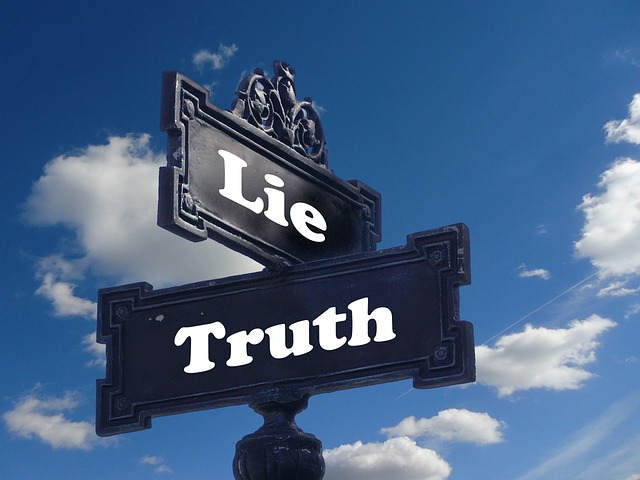Perjury was deemed illegal by inclusion in the Ten Commandments, the first legal system, in Exodus 20:16. According to the Oxford Dictionary, the word perjury comes from the Latin word perjurium meaning false oath. In our state, perjury is defined as an intentional false statement under oath in court, in a deposition, or in matters the law requires a witness to be sworn.
Swearing or Affirming (Administering Oaths)
The person testifying in court swears to “tell the truth . . . so help me God.” Some people interpret the Bible as forbidding swearing. As an alternative to swearing to tell the truth, a witness may choose to be affirmed. The oath is given exactly the same except that the word “affirm” is substituted for the word “swear” and the words “so help me God” are deleted. In our state, the law allows judges, clerks of court, notaries public and a few others to swear in or affirm a witness (i.e., administer an oath).
When Does Perjury Happen?
Most people know that when they appear to testify in court, they must tell the truth, the whole truth and nothing but the truth, but what does the rest of this definition for perjury mean and what are the other types of perjury? In a deposition, a witness is subpoenaed to a location outside of court to give testimony that will be typed up by a court reporter. Such a report may be used in court, and is treated the same way as courtroom testimony when it comes to perjury. Another way someone commits perjury is when the law requires something to be sworn. Frequently, this is when a statement is made in writing that is signed under oath, administered by the notary public. For example, in a lawsuit for marital property division or alimony, the documents filed at the courthouse require a notarized signature.
What Does This Have To Do With My Case?
The most important consequence of perjury is that it is a felony. NC Gen. Stat. §14-209 (as of the time of writing this article). In fact, an attorney is an officer of the court who has taken an oath. When an attorney learns of the perjury, he or she has a legal duty to the court to immediately address it in court. The attorney may ask for a recess to speak to the client, or might have to make an emergency motion to withdraw as counsel, which indirectly tells the judge perjury is an issue. Aside from risking a felony conviction or your attorney making an emergency motion, your case is likely ruined.
People sometimes forget the judge hears testimony all day every day and is uniquely positioned to notice body language and other indirect or subtle signs of deception. Like judges, the attorney makes a living evaluating the truthfulness of a witness. He or she may cross examine you based on the lawsuit paperwork you have signed under oath. There may be a document or other proof he or she may ask you to read on the stand that is proof you are not being truthful. One consequence of untruthful testimony is that you lose your credibility and the judge will give the other party the benefit of the doubt. You lose.

